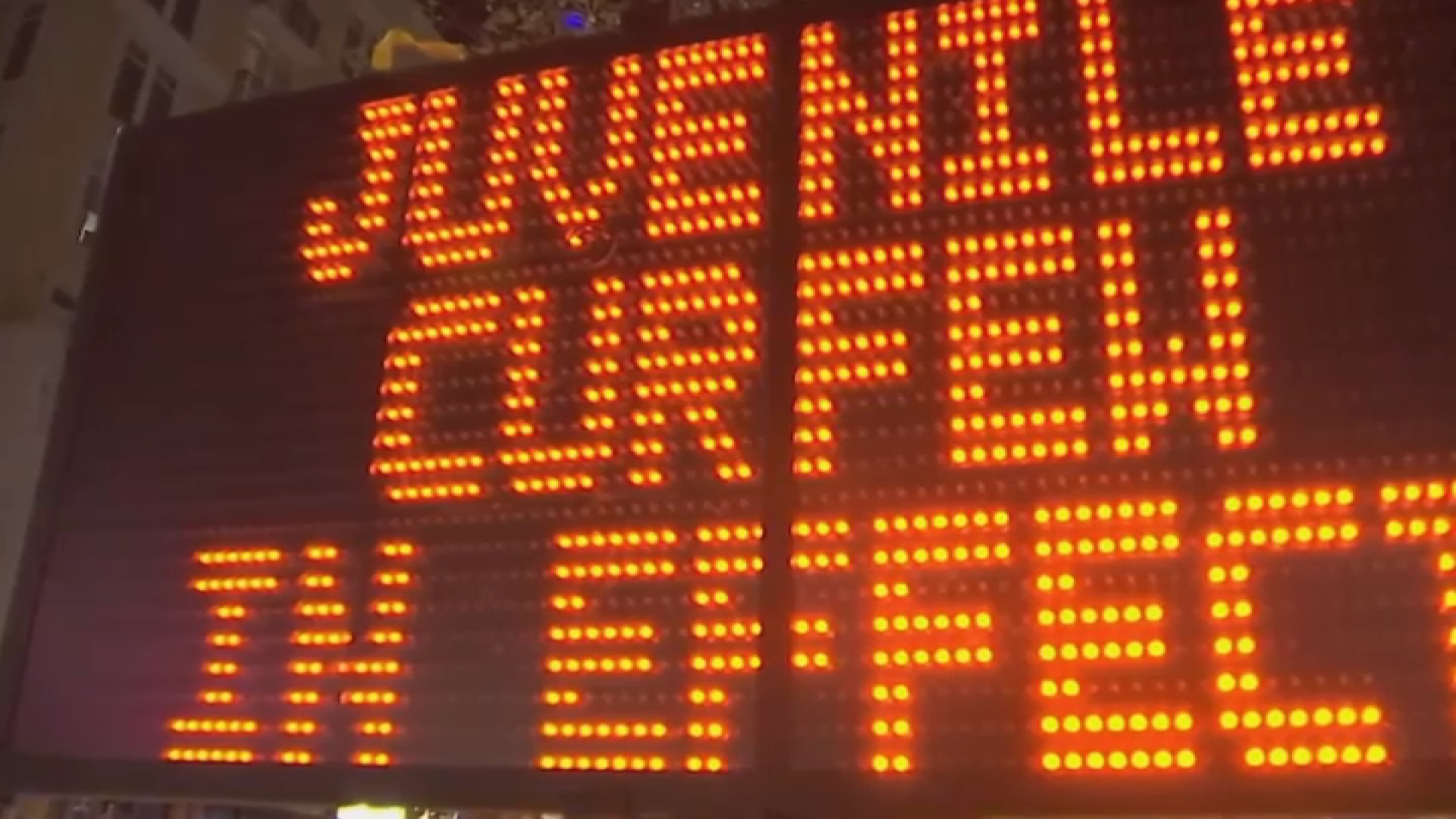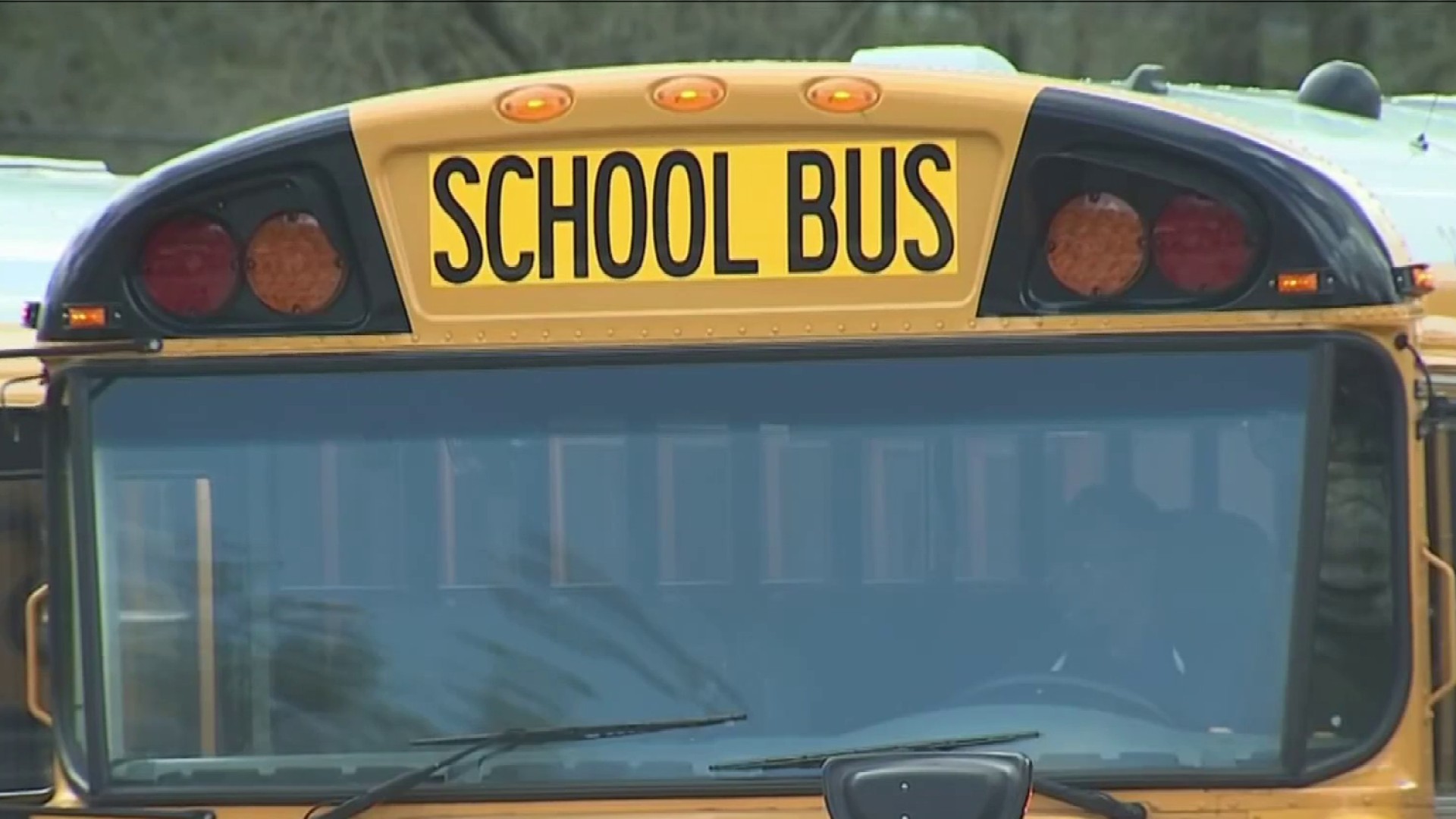Some Bowie State University students are on the adventure of a lifetime. A geography professor is leading them on a tour of national parks in the southwest region of the country.
In the past few days, they've seen everything from sand to snow and they're hoping to spread that message to a community that was once restricted from fully enjoying the national parks.
Nine Bowie State students are hiking, camping and learning about national parks. Their professor wants to expose them to the outdoors and change the narrative that Black people don't camp.
They are on a 10-day, 1,800-mile journey through the country's southwestern national parks.
We're making it easier for you to find stories that matter with our new newsletter — The 4Front. Sign up here and get news that is important for you to your inbox.
“I'm usually, like, someone who is at home just chilling, playing video games, but coming out here, being in the outdoors, exploring, it's, like, given me a new hobby of mine,” sophomore history major Kalil Greenfield Jr. said.
According to surveys of U.S. national parks, less than 2 percent of visitors are African Americans, the lowest percentage of any minority group. That's why Bowie State geography professor Sumanth Reddy sponsored the trip.
“About 105 years ago, the National Park System was created and very few minorities, especially African Americans, get the opportunity to go there because they were always restricted from going to these places,” Reddy said.
Prince George's County
Prince George's County, Maryland, news updates, events and information
“Honestly, one thing I know, especially our generation, African Americans my age group, we don't camp,” senior government major Alma Bangura said.
But that's changed for her.
“Sleeping outside with the wind and the sand, it's been really fun,” she said.
People who study it say an appreciation of the great outdoors is passed down.
“What you want is representation, looking at each other and saying, ‘Hey, we can do all of these things,’” Reddy said.
The students are blogging, posting on social media and will write about the trip. Their professor hopes the students, budding Black leaders, can change minds about exploring those spaces.
Reddy says the trip was funded through a grant he got from the American Association of Geographers.



